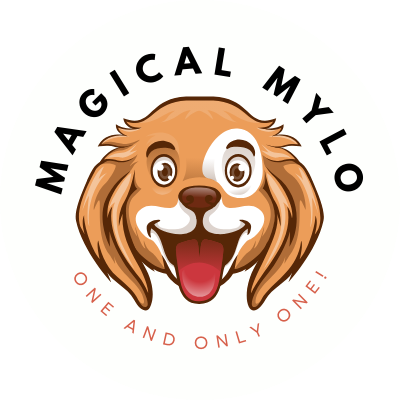+91 8073387610

Yes, dogs can eat green peas as part of their diet.
Green peas are a nutritious and safe vegetable option for dogs.
They are low in calories and high in fiber, vitamins, and minerals, making them a healthy addition to their meals. Here are a few key points to keep in mind:
- Cooked or Raw: Green peas can be given to dogs either cooked or raw. While some dogs may prefer the taste and texture of cooked peas, others may enjoy crunching on raw peas. Both options are safe, but make sure to avoid using any seasonings or additives that may be harmful to dogs.
- Digestibility: Green peas are generally easy for dogs to digest, especially when cooked. However, some dogs may have sensitivities or allergies to certain vegetables, including peas. As with any new food, it’s recommended to introduce peas gradually into your dog’s diet and observe for any signs of digestive upset or allergies.
- Portion Size: Like any food, moderation is key. Green peas should be offered as a part of a balanced diet and not as a primary food source. Treat them as a healthy snack or mix them with your dog’s regular food in appropriate portion sizes. Consult with your veterinarian to determine the appropriate serving size based on your dog’s size, age, and individual nutritional needs.
- Frozen Peas: Frozen peas can be a convenient option, especially when fresh peas are not available. However, be cautious if using frozen peas with added seasonings or additives. It’s best to choose plain, unseasoned frozen peas without any added salt or flavorings.
- Other Considerations: While green peas are generally safe for dogs, it’s important to consider your dog’s overall diet and any specific health conditions they may have. If your dog has dietary restrictions or medical conditions, consult with your veterinarian before adding peas or any new food to their diet.
Remember, every dog is unique, and it’s essential to observe how your individual dog responds to new foods.
If you have any concerns or questions about your dog’s diet, it’s always best to consult with a veterinarian for personalized advice.
Can Dogs Have Canned Green Peas?
Yes, dogs can have canned green peas, but it’s important to choose the right type of canned peas for your dog. Here are a few considerations:
- Plain Canned Peas: Look for canned green peas that are plain and free from any additives, such as salt, seasonings, or preservatives. Many canned vegetables, including peas, may have added salt or other ingredients that can be harmful to dogs. Check the ingredient list to ensure that the peas are simply packed in water without any additives.
- Low Sodium or No Salt Added: If you can find low sodium or no salt added canned green peas, those would be a better option. Excessive sodium can be harmful to dogs, so it’s best to minimize their intake. If you can’t find low sodium options, rinse the canned peas under water to reduce the salt content before feeding them to your dog.
- Fresh or Frozen Peas: While canned green peas can be convenient, it’s generally recommended to prioritize fresh or frozen peas over canned varieties. Fresh or frozen peas tend to retain more nutrients and have fewer additives compared to canned peas. If possible, consider using fresh or frozen peas as a healthier alternative.
- Moderation: As with any food, moderation is key. Canned green peas should be offered in moderation and as part of a balanced diet. Treat them as a supplement or addition to your dog’s regular meals, rather than a primary food source. Consult with your veterinarian to determine the appropriate portion size based on your dog’s size, age, and nutritional needs.
It’s important to note that while green peas are generally safe for dogs, every dog is unique, and individual dietary sensitivities or allergies may exist.
If you’re introducing canned green peas or any new food to your dog’s diet, monitor their response and watch for any signs of digestive upset or adverse reactions.
If you have concerns or questions about your dog’s diet, it’s best to consult with a veterinarian for personalized advice.
You may also like: What are top 10 dog training myths




